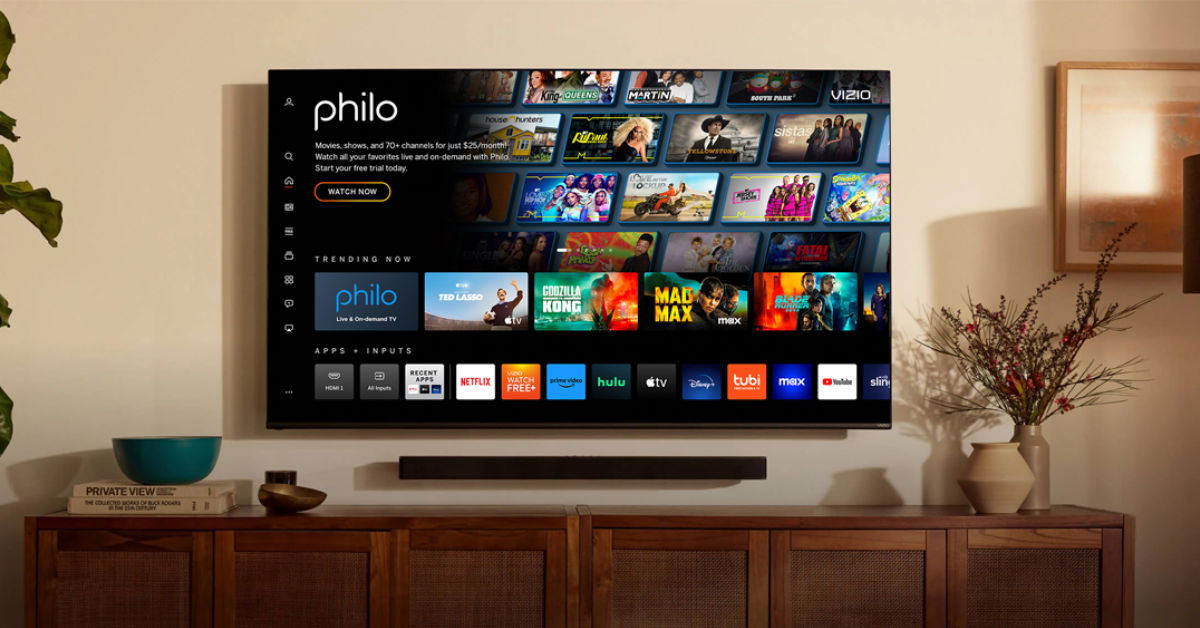
Exclusive: Retail giant Walmart will launch a new line-up of smart TVs under the in-house Onn brand that are powered by Vizio’s SmartCast operating system later this year, The Desk has learned.
The Onn TVs powered by SmartCast are in the process of being manufactured, with the retailer hoping to debut the new line-up in time for the holiday retail season, according to two people who spoke with The Desk last week. The operating system on Walmart’s Onn smart TVs and Vizio TVs will be indistinguishable, with both offering access to popular apps like Netflix, Amazon’s Prime Video, Paramount Plus, YouTube and Disney Plus, as well as hundreds of free streaming channels from Vizio’s WatchFree Plus app.
As part of the launch, Walmart will stop licensing the Roku operating system for its Onn smart TVs and will shift to using SmartCast on an exclusive basis. Current customers with Onn TVs powered by Roku will still get software updates and support; Walmart will also continue to sell and support standalone Onn streaming devices that are powered by Android TV, as well as smart TVs made by other manufacturers that run Roku and Android TV, the sources said.
The SmartCast-powered Onn TVs are expected to be among Walmart’s “doorbuster” offerings on Black Friday, and the company intends to market them aggressively during the holiday season, one source said.
John Furner, the President and CEO of Walmart’s U.S. business, said the forthcoming SmartCast-powered Onn TVs will give shoppers more smart TV models to choose from in stores and “create a connected experience that brings together the Walmart offerings and benefits customers already enjoy in places they spend the most time, like the living room.”
Walmart acquired Vizio and its technology for $2.3 billion last December. The deal was largely predicated on a significant expansion of Walmart’s retail media and advertising business.
Like other smart TV hardware makers, Vizio’s platform and advertising business was on track to displace hardware sales as the bigger revenue opportunity before the Walmart deal closed. Vizio stopped disclosing its income after the Walmart deal was completed; during its last financial quarter as a publicly-traded company, Vizio said its platform and advertising business earned $197 million in revenue, accounting for nearly one-third of its $445 million in net income for the period.
By customer count, VIzio is one of the smallest smart TV shippers in the United States, with around 18 million households using a Vizio-branded smart TV with an active SmartCast account. The company has never licensed its SmartCast operating system to a third party, though executives said they were open to the idea before the Walmart deal was announced.
Walmart has kept an open mind about licensing SmartCast to other TV and streaming device manufacturers, one source told The Desk last week. The company intends to gauge how well its Onn TVs powered by SmartCast sell during the holidays, and how streamers wind up using those TVs, before making any decisions about licensing SmartCast to non-Walmart brands.